
Inspiring Action: The Power of a Question
The power of a timely question can change your trajectory. In the 1990s, Ray Anderson, founder of Interface Inc. (carpet and tile), experienced a “lightning bolt” moment. When asked, “What’s your company doing for the environment?” he realized he had no answer. Anderson then did some research and formed a company-wide task force dedicated to […]
Continue Reading
Continue Reading
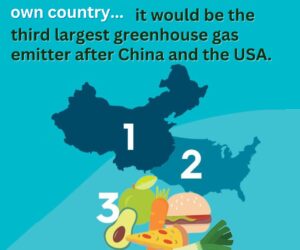
Diverting Food Waste from Landfills
Diverting waste from landfills is a vital step towards a cleaner, more sustainable future. By finding better uses for waste, we not only help reduce the burden on landfills but also contribute to a cleaner air, water and soil. That helps everyone. One of the innovative ways Davidson Environmental accomplishes this is by processing organic […]
Continue Reading
Continue Reading
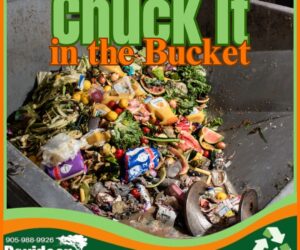
Chuck it in the bucket
Contamination is often seen as the biggest hurdle in organics recycling, making composting seem like a hassle. But at Davidson Environmental, we turn this challenge into an opportunity! With us, mixed mediums are no problem at all. So go ahead, throw in that coffee cup, meat packaging, boxed cereal, or juice box. We process all […]
Continue Reading
Continue Reading
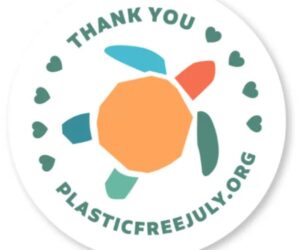
Plastic Free July
Hold on! Don’t call me crazy yet. Plastic Free July® is a global movement that helps millions of people be part of the solution to plastic pollution. Their aim is to reduce the use of plastics. A small change can make a big difference. Think of eliminating the use of one plastic product for the […]
Continue Reading
Continue Reading

A Dozen Ways to Reduce Microplastics
All materials break down over time including plastics. Rather than breaking down into biodegradable matter, plastics break down into long-lingering fragments called micro-plastics. These can be shed from: plastic waste weathered by the elements, washing clothes, glitter, cosmetics, carpets, paint, furniture, and even your car tires. Our environment is therefore flooded with micro-plastics. They are […]
Continue Reading
Continue Reading

Leave No Trace – Eco Friendly Camping
Camping Season – Creating a Low Impact Camping Experience Camping is a fun, seasonal, summer activity which takes a little mindfulness to do without impacting the environment. This blog will help you navigate campsite recycling systems and will share some ways you can make your next camping experience have a low impact on the environment […]
Continue Reading
Continue Reading
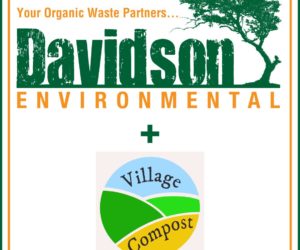
We are Growing
Announcing exciting news: Davidson Environmental has acquired Village Compost. We at Davidson Environmental are delighted to announce the acquisition of Village Compost. Village Compost is a company that has provided organic collection service in the region of London Ontario for 12 years. They are proud of their track-record of collecting 1,262,300 pounds of food waste […]
Continue Reading
Continue Reading
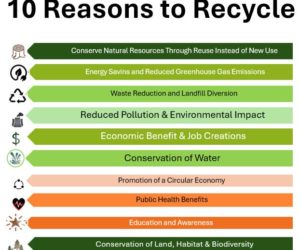
Benefits of Recycling – 10 Reasons to Recycle
Recycling is a key component of a circular economy where waste materials are repurposed and reintegrated into the production cycle. By recycling, we can significantly reduce the burden on natural resources, minimize waste generation, and mitigate environmental damage. Recycling food waste (the one near and dear to us here at Davidson Environmental), paper, plastic, glass […]
Continue Reading
Continue Reading
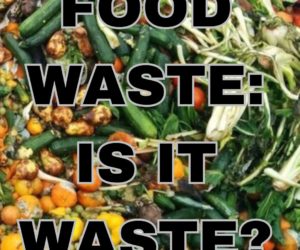
Food Waste: Is it Waste?
Food waste, and creating food waste, is often marketed in a negative light (from both government and media outlets), with many campaigns providing ways to reduce or eliminate food waste. What if all this negative hype around food waste wasn’t entirely true? The buzz around food waste from government and media outlets is abundantly clear […]
Continue Reading
Continue Reading

Disposable Vs. Reusable
Reusable vs. Disposable – What is truly better for the environment? There is a strong movement toward responsible plastic use in Canada which has led many companies to develop alternative products that are either reusable or biodegradable/compostable/degradable. While we are all for the biodegradable/compostable/degradable products, we question the sustainability of more reusable products entering the […]
Continue Reading
Continue Reading
